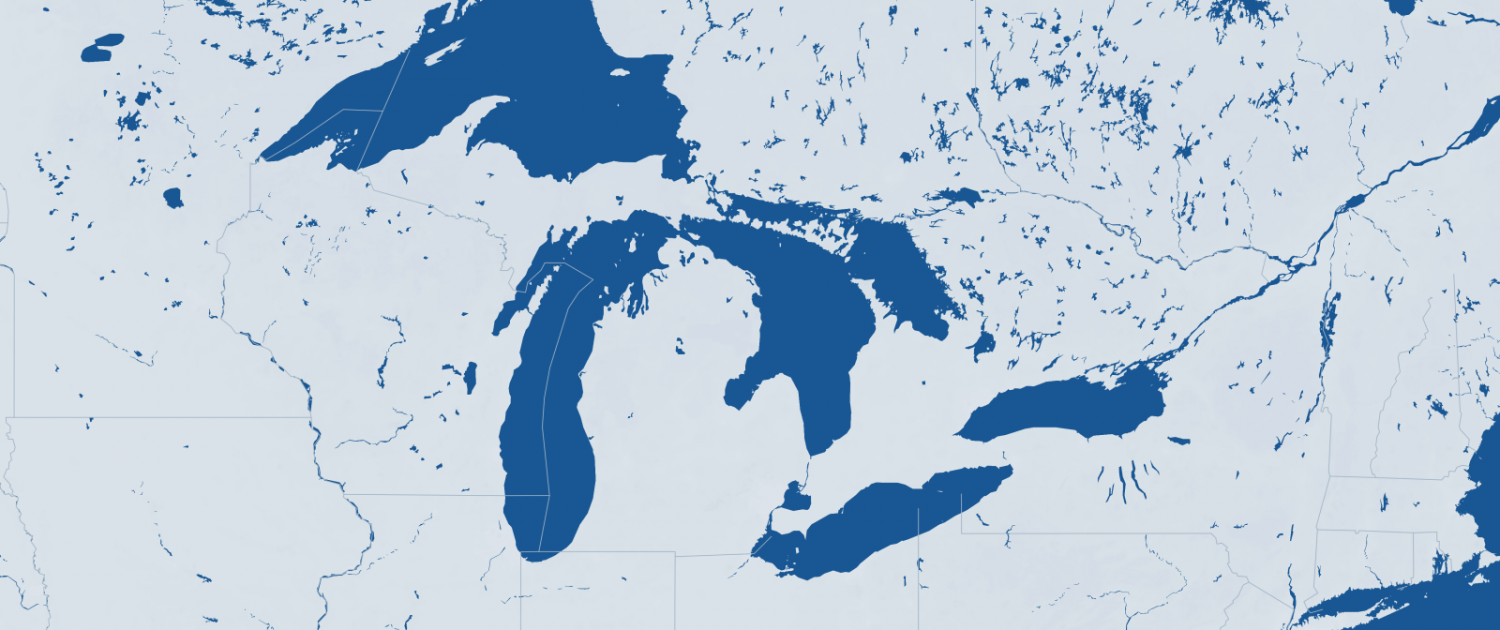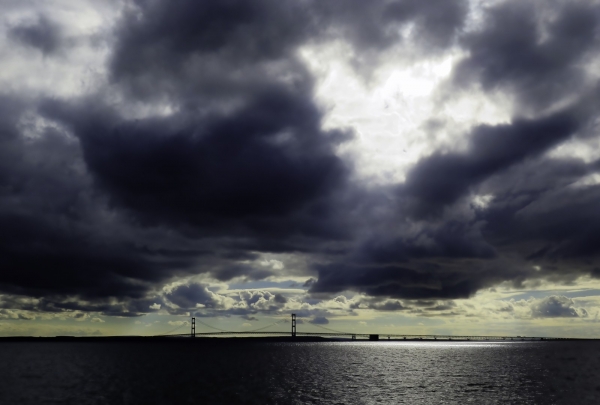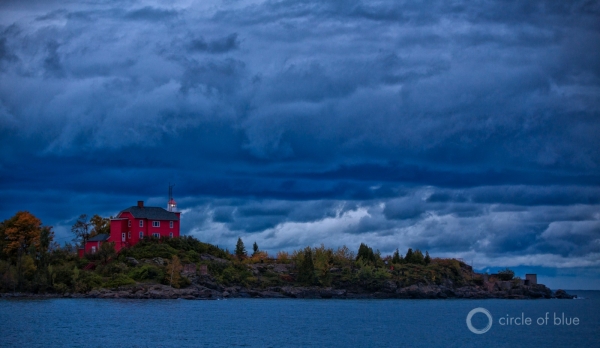
Water Could Make Michigan a Climate Refuge. Are We Prepared?
-
The Great Lakes region hosts large freshwater reserves and wildfire-resistant forests, all while experiencing warming winters. Researchers anticipate this environment––”a climate haven”––will attract millions of new residents to the area, particularly from the dry West and Southwest.
-
But scientists are unsure how receiving communities will respond to an uptick in climate-influenced migration, particularly as it pertains to social and economic equity.
Is The Line 5 Tunnel a Bridge to Michigan’s Energy Future or a Bad Deal?
-
The Line 5 pipeline, which moves petroleum from western Canada through Michigan and across the Straits of Mackinac, may be shut down in May.
-
Regulators are debating if its potential replacement–– “a tunneled pipe deep below the straits that could keep the oil flowing for decades” –– is a step backward from carbon neutrality goals and environmental risk.
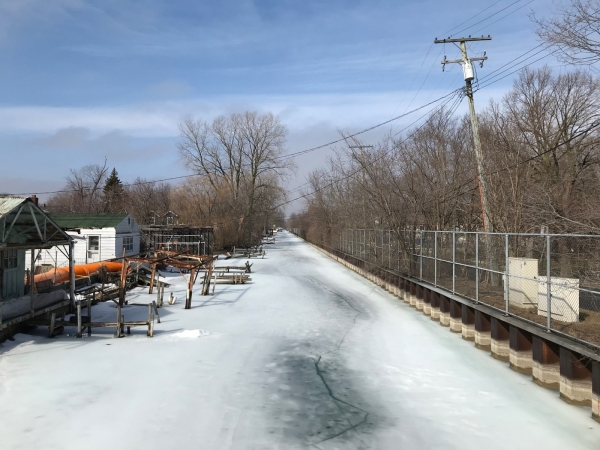
In Flooded Michigan Neighborhoods, Who Should Pay For Sea Walls?
-
Climate change is creating inconsistent rainfall and temperature levels, causing the Great Lakes to overflow and recede in a dramatic, inconsistent pattern.
-
Residents fear that flooding and economic disparity in neighborhoods like Jefferson Chalmers will force people out of their communities: Only those who can afford flood-proof infrastructure, or higher insurance rates, will be able to stay.
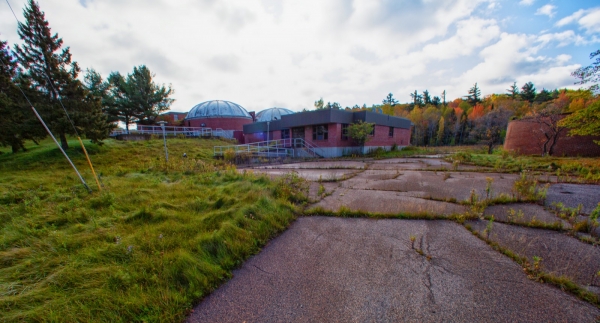
Michigan’s Rural Water Systems Confront Generations of Inadequate Investment
-
Building, maintaining, and operating a water and sewer system is generally the most expensive item on a small town’s budget. Towns with just a few thousand residents often pay more, for the same amount of water consumption, than larger cities such as Grand Rapids.
-
The affordability of rural water service is a “monstrous elephant in the room” when it comes to long-term rural financial viability. The state’s vision of lead-free drinking water and more sustainable plumbing systems comes after decades of infrastructural neglect. Construction time and money impede rural communities’ ability to “play catch-up.”
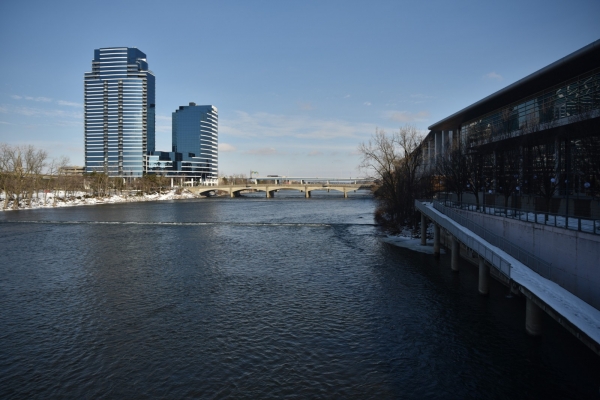
Some Cities Are Turning to Natural Infrastructure to Deal With Extreme Rain Events
-
Following their historic 2013 flood, the city of Grand Rapids is employing urban planning to better manage the water from intense rainfalls: For example, underneath Joe Taylor park is a 270 thousand gallon reservoir that holds runoff storage, allowing time for the water to safely seep into the earth.
-
The exacerbation of extreme weather due to climate change is quickening the city’s action: Permeable concrete is being used for roads and parking lots, and a push for policies that require the creation of additional green spaces is gaining traction.
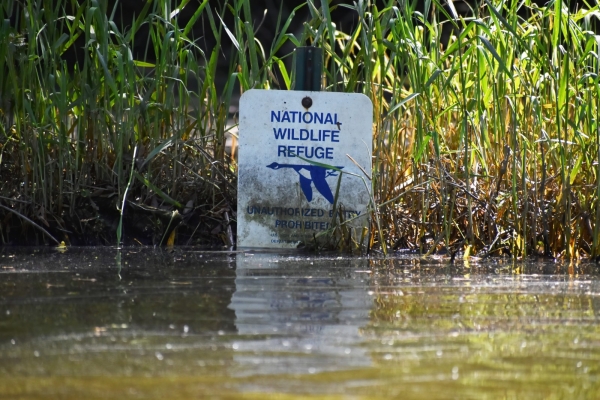
Wetlands Can Help Prevent Property Damage and Save Lives During Floods
-
Intense rainstorms in the Great Lakes region are occurring more frequently as a result of climate change, threatening flooding in communities that have never before been at risk.
-
But protection occurs naturally: When 21 billion gallons of water breached the Wixom Lake and Sanford Lake dams last year, wetland areas supported “something close to five thousand Olympic size swimming pools,” water that otherwise would have flooded towns downstream.
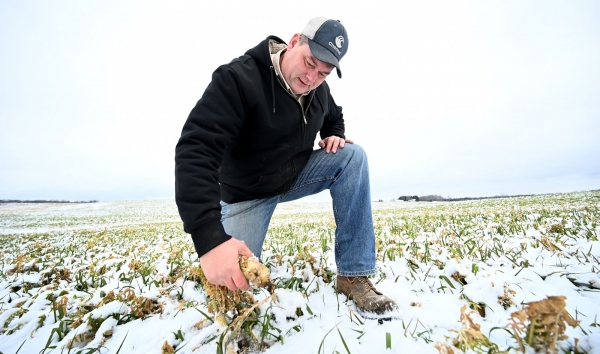
Too Few Farmers are Curbing Pollution in Lake Erie. Should They be Forced?
-
The result of such pollution––toxic algae blooms in the lake––decrease property values, render tap water toxic, and are turning the vision of the Great Lakes as a climate refuge all the more blurry.
-
Regulators are mainly relying on “good-faith” farmers to limit their own use of commercial fertilizer, an approach that goes largely unenforced and might place certain farms at an economic disadvantage compared to those that continue to pollute.
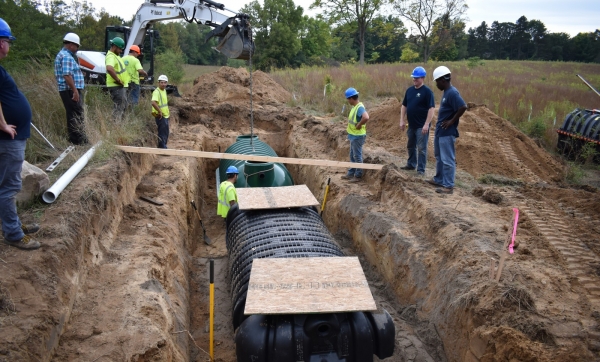
Rights vs. Regulations: When it Comes to Septic Codes, Property Rights Remain a Big Barrier
-
House Bills 5752 and 5753 failed to become laws in 2018, leaving Michigan without a set state standards for septic systems nor regular inspections.
-
Different, county-specific codes yield vastly different permit prices, system standards, and physical requirements––inconsistencies that hinder the private sector’s upkeep and development of septic systems.
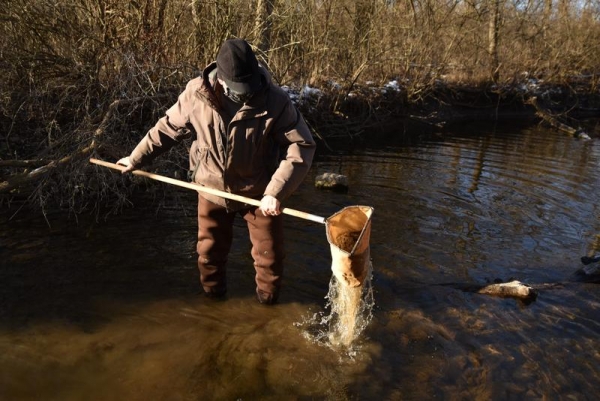
Michigan Rivers Changing Due to Climate Disruption
-
Irregular storms and flooding have immediate impacts on river ecosystems: runoff alters water temperatures; migration and spawning seasons are altered; insect populations fluctuate, knocking the delicate food chain askew.
-
The “damming up” of rivers have “turned them into a series of connected lakes instead of free-flowing streams,” causing the still water to heat up. The additional loss of tree cover––and globally climbing temperatures––offers a thriving environment for bacteria and parasites, stressors for native flora and fauna.
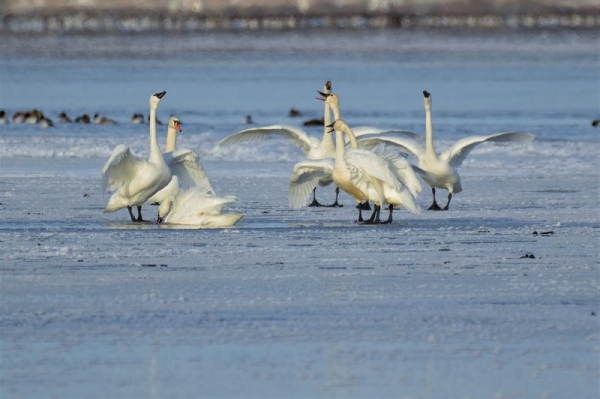
Climate Change is Affecting The Kind of Fish You Can Catch in Michigan’s Inland Lakes
-
Michigan’s inland lakes, popular for ice fishing in the winter, are warmer than ever; their shortened ice periods and decreasing ice cover are symptoms of climate change.
-
Small inland lakes are most vulnerable to climate change––their adjacency to human development and pollution, and limited ability to resist warming temperatures, forecasts drastic and rapid ecological erosion.
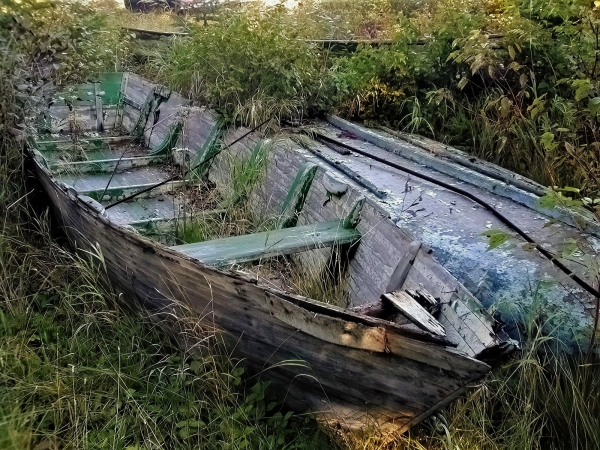
The Future of Lake Superior with Climate Disruption
-
Lake Superior is warming––fluctuating surface temperatures, increasing wind speeds, and frequent storms are wreaking havoc on the spawning ability of whitefish, the most important fish in the native Anishinaabe culture.
-
Incoming moisture from warming oceans, combined with fluctuating evaporation rates and polar vortex weather, are contributing to sporadic weather patterns and record-breaking temperatures (highs and lows) in the Great Lakes region.
Christian Thorsberg is an environmental writer from Chicago. He is passionate about climate and cultural phenomena that often appear slow or invisible, and he examines these themes in his journalism, poetry, and fiction.
Related
© 2025 Circle of Blue – all rights reserved
Terms of Service | Privacy Policy

